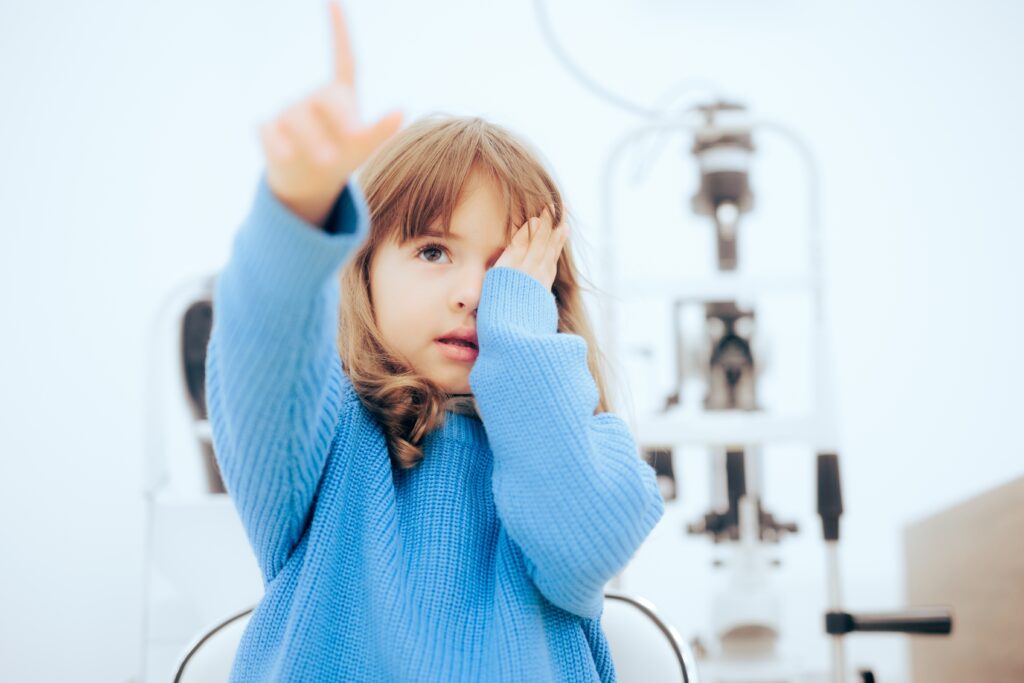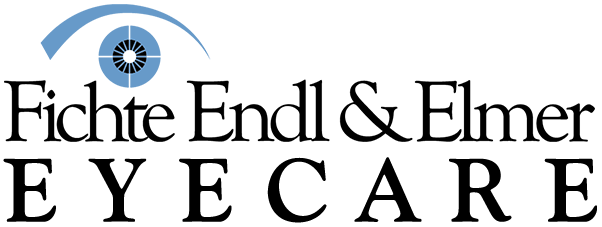
As a parent, you always want the best for your children, especially when it comes to their health. One aspect of health that can easily be overlooked is eye care, specifically the management of myopia in children.
Myopia, commonly known as nearsightedness, is becoming increasingly common among young people. But what exactly is myopia control, and why is it so important for your children’s eye health?
Keep reading to learn about myopia control for children and how it can benefit your child’s vision in the long run!
What is Myopia?
Myopia is a common refractive error where the eye focuses light in front of the retina instead of directly on it. This can cause distant objects to appear blurry while close-up objects remain clear.
In children, myopia often develops during school years and can get worse with age. Myopia in children is very common, and many eye doctors are finding alternative treatment options.
However, this goes beyond the need for children to wear glasses. High levels of myopia can increase the risk of serious eye conditions later in life, such as retinal detachment, glaucoma, and myopic maculopathy.
What Causes Myopia?
The exact cause of myopia is not fully understood, but research suggests it’s a combination of genetic and environmental factors. Children with one or both parents who are myopic are more likely to develop the condition. However, lifestyle factors also play a significant role. Today, children spend more time on close-up activities like reading, studying, and using digital devices.
This increased near work, combined with reduced time spent outdoors, is believed to contribute to the rising rates of myopia in children.
How Does Myopia Control Work?
Myopia control refers to a set of treatments designed to slow down the progression of myopia in children. The goal is not just to correct vision but to prevent the eye from elongating too quickly, which is the underlying cause of progressive myopia.
At Fichte, Endl & Elmer Eyecare, our eye doctors, including Dr. Dell’Isola and Dr. Thomas Elmer, offer several effective myopia control treatments:
Atropine Drops
Low-dose atropine eye drops are a newer approach to myopia control. These drops are typically applied once daily before bedtime.
They work by relaxing the eye’s focusing mechanism and may also influence the biochemical pathways involved in eye growth. Studies have shown that atropine drops can significantly slow myopia progression in many children.
Specialized Contact Lenses for Myopia
Certain types of soft contact lenses are designed specifically for myopia control in children. These lenses have different focusing powers in various parts of the lens.
The center corrects the refractive error for clear central vision, while the periphery of the lens is designed to focus light in front of the peripheral retina. This unique design is thought to slow eye growth and, possibly, the progression of myopia.
How Do I Know If My Child Needs Myopia Control?
Recognizing the signs of myopia in children is crucial for early intervention. Some common signs include:
- Squinting or closing one eye to see clearly
- Holding books or devices very close to the face
- Sitting too close to the TV or computer screen
- Difficulty seeing distant objects, like the whiteboard in school
- Complaints of headaches or eye strain
If you notice any of these signs, it’s important to schedule a comprehensive eye exam for your child. At Fichte, Endl & Elmer Eyecare, our experienced eye doctors can diagnose myopia and determine if your child is a good candidate for myopia control treatments.
Do you want to learn more about myopia control for your child? Request an appointment at Fichte Endl & Elmer Eyecare in Buffalo, NY, or call us at 1-800-309-2020 now!


